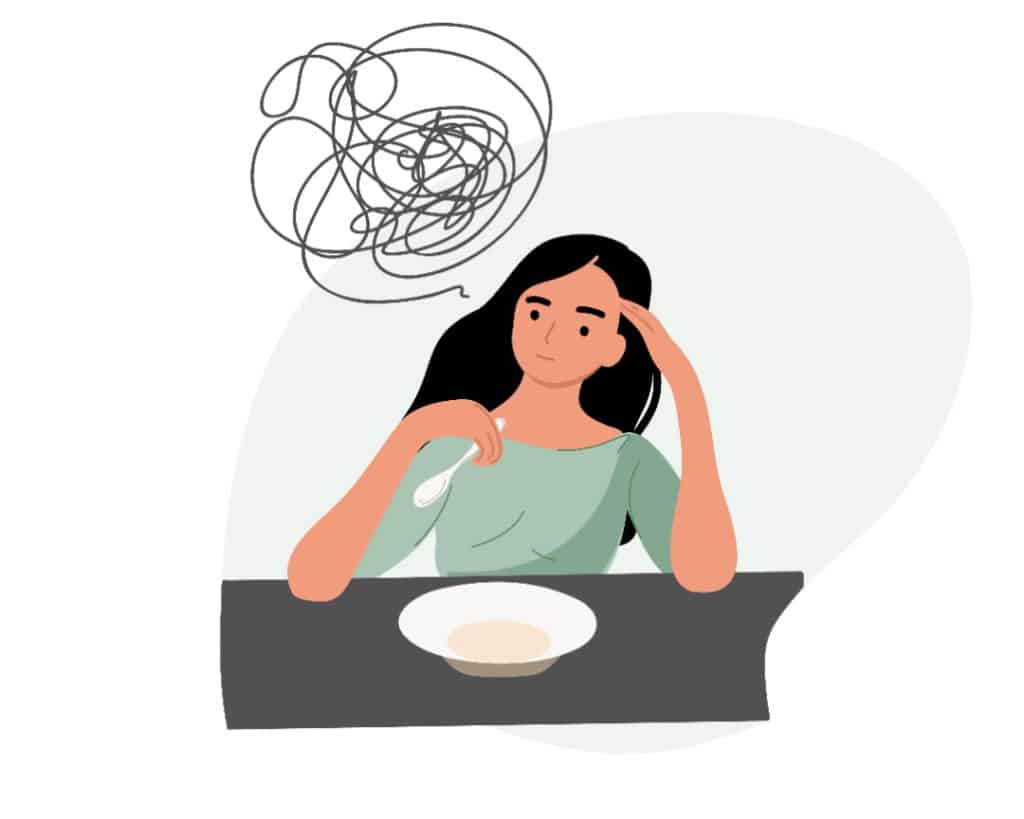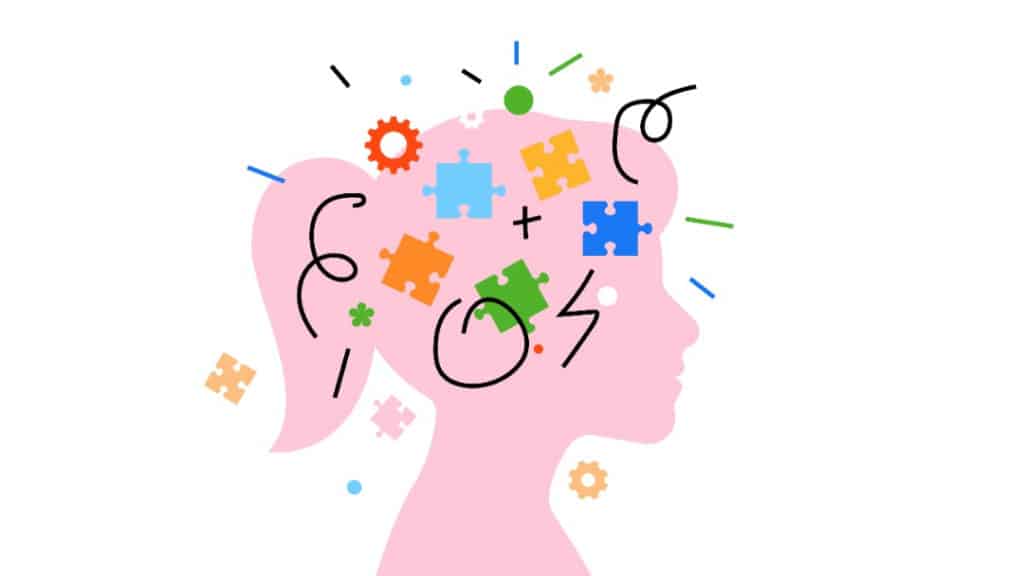Residential Eating Disorder Treatment for Adolescents: When Is It Necessary?
Admitting your child to a residential treatment center can be scary, but it is often a life-saving step in their recovery. If you are considering treatment for your child’s eating disorder, it can help to learn more about the types of care available. For this reason, we’ll walk you through what residential treatment is, what […]
Residential Eating Disorder Treatment for Adolescents: When Is It Necessary? Read More »










